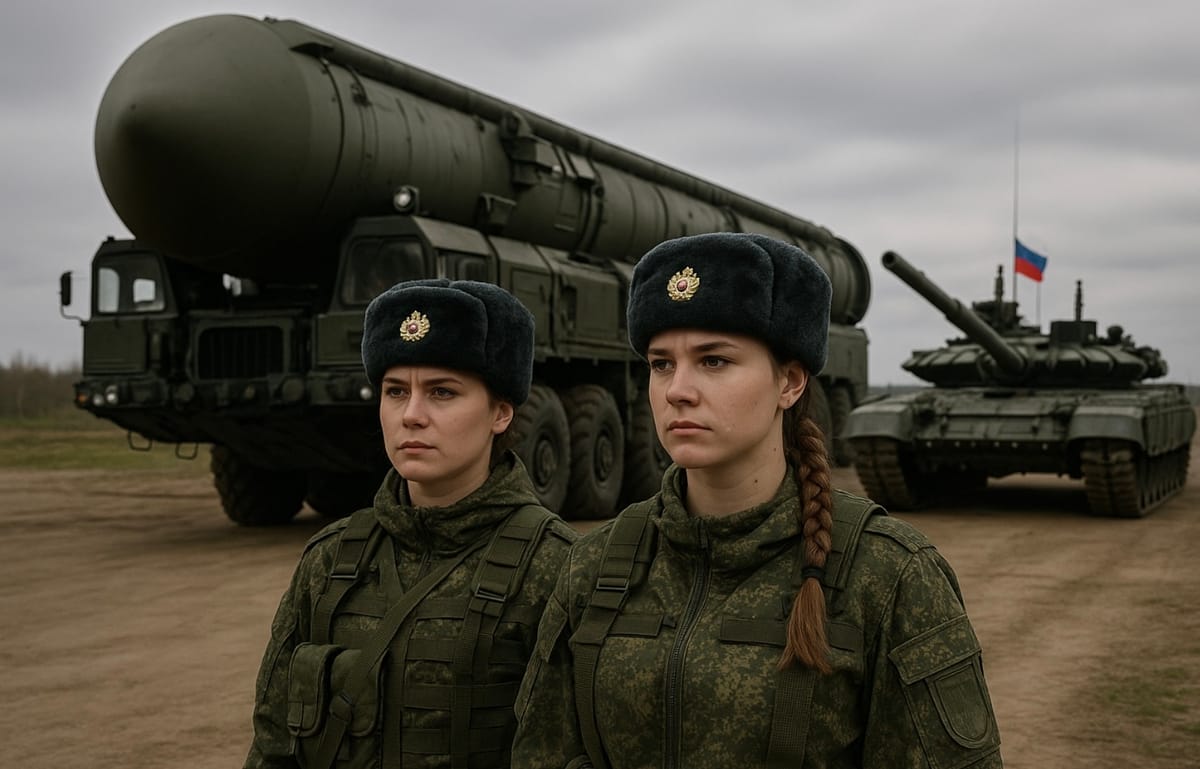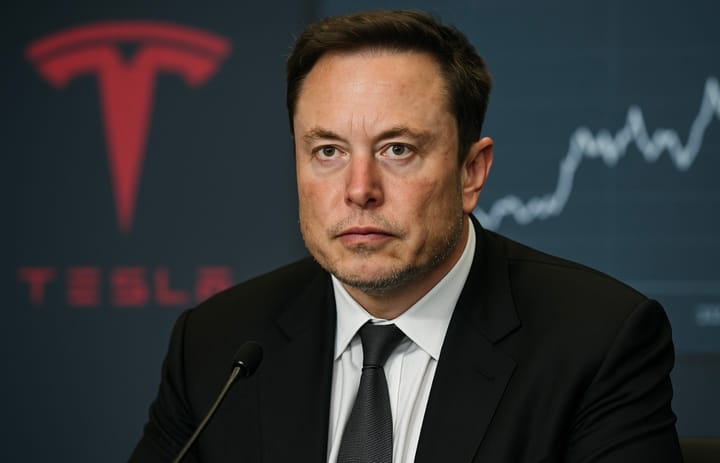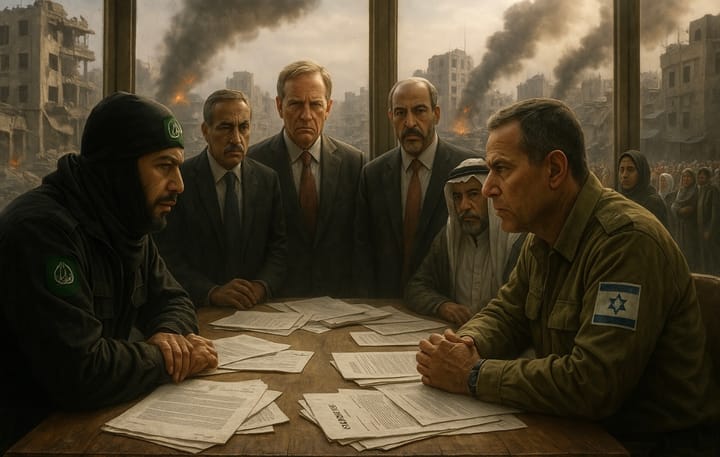Germany Admits Defeating Nuclear-Armed Russia Is Impossible
The German government admits it is impossible to defeat Russia militarily due to its nuclear power. Diplomacy is the main solution.

The German government has openly acknowledged that defeating Russia on the battlefield is nearly impossible. This statement was delivered by Germany’s Foreign Minister, Johann Wadephul, who emphasized that Russia’s nuclear arsenal is the main obstacle preventing Western military efforts from overcoming Moscow. This news quickly drew international attention and sparked a major question: Can the world really confront Russia’s nuclear power, and where does Germany stand amid the ongoing Russia-Ukraine conflict?
Russia’s Nuclear Threat: Real Danger or Diplomatic Pressure?
Since the beginning of Russia’s invasion of Ukraine in February 2022, the world has repeatedly been put on alert by both veiled and open threats from Moscow regarding the use of nuclear weapons. President Vladimir Putin has ordered Russia’s nuclear forces to high alert and stated his readiness to use “all means necessary” to protect the country. For NATO members, these threats are not mere bluffs. The United States and its allies frequently warn that global consequences would be dire if Russia ever actually used nuclear weapons.
According to Wikipedia, throughout the Russia-Ukraine conflict, nuclear rhetoric has been a tool of political pressure, both on Ukraine and its Western backers. So far, there’s no concrete indication that Russia will actually deploy nuclear weapons, but the risk of escalation remains high.
Germany’s Stance: Realism and Diplomacy
In his latest statement published by SINDOnews on June 1, 2025, Johann Wadephul stressed that the best solution to the Ukraine conflict lies in diplomacy. He underlined, “Defeating Russia militarily is nearly impossible as long as the country possesses nuclear weapons.”
This position marks a significant shift in Germany’s approach. Whereas Berlin once seemed aggressive in its military support for Ukraine, it now highlights the dangers of escalation and the need for a political solution. As a core member of NATO and the European Union, Germany understands the security risks to Europe if a nuclear conflict ever erupts.
Western Military Support Dynamics
Amid Russian nuclear threats, Western countries, including Germany, continue to supply Ukraine with military and financial aid. However, Germany’s acknowledgment of the “impossibility” of defeating Russia militarily signals a reevaluation of their strategy. It’s not just about firepower, but also the potential for total destruction should the war escalate to nuclear levels.
International security experts see Germany’s statement as both realistic and wise. Rather than pushing for total confrontation, Germany calls for increased international diplomacy to minimize casualties and economic fallout.
Diplomatic Solution, a Rational Middle Path
Highlighting the importance of diplomacy, Wadephul urged Western nations to unite in encouraging peaceful dialogue, without abandoning their support for Ukraine’s sovereignty. This move is not a sign of weakness, but of heightened caution regarding the risk of uncontrollable global conflict. Thus, Germany positions itself as a mediator, not a provocateur.
Global Impact and the Future of the Conflict
Germany’s statement is a strong signal to all sides: tensions in Eastern Europe can have far-reaching impacts on the world’s economy, politics, and stability. Global investors are becoming more cautious, European stock markets are treading carefully, and energy prices remain highly volatile amid ongoing geopolitical uncertainty.
Diplomacy, Not Domination
Germany’s recognition of the impossibility of defeating Russia militarily due to nuclear weapons reflects a realistic stance in today’s fragile world. The choice of diplomacy and political solutions is now the main hope to prevent the Russia-Ukraine conflict from turning into a nuclear war that could destroy civilization.





Comments ()